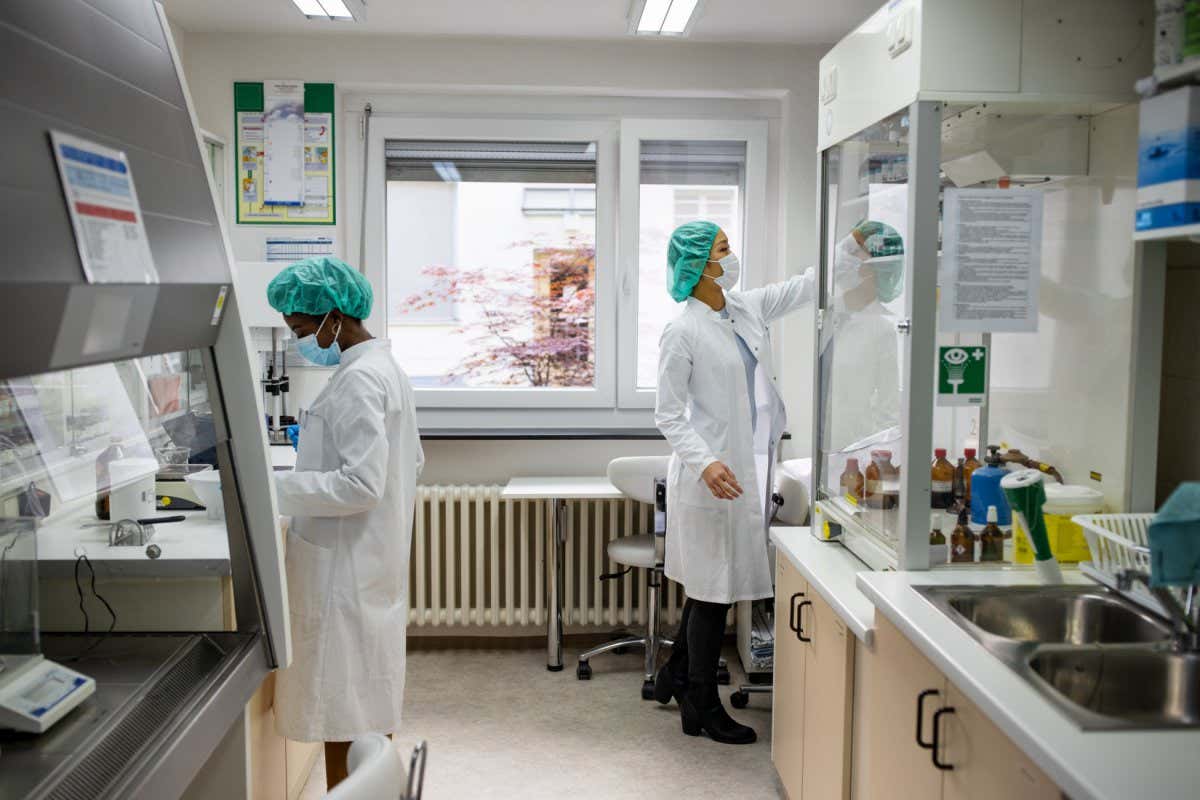Send us a link
UK Needs Bigger Role for Science in Government, Says Chief Scientist
UK Needs Bigger Role for Science in Government, Says Chief Scientist
The UK's Chief Scientific Advisor says every government department needs to take science into consideration and invest more in R&D.
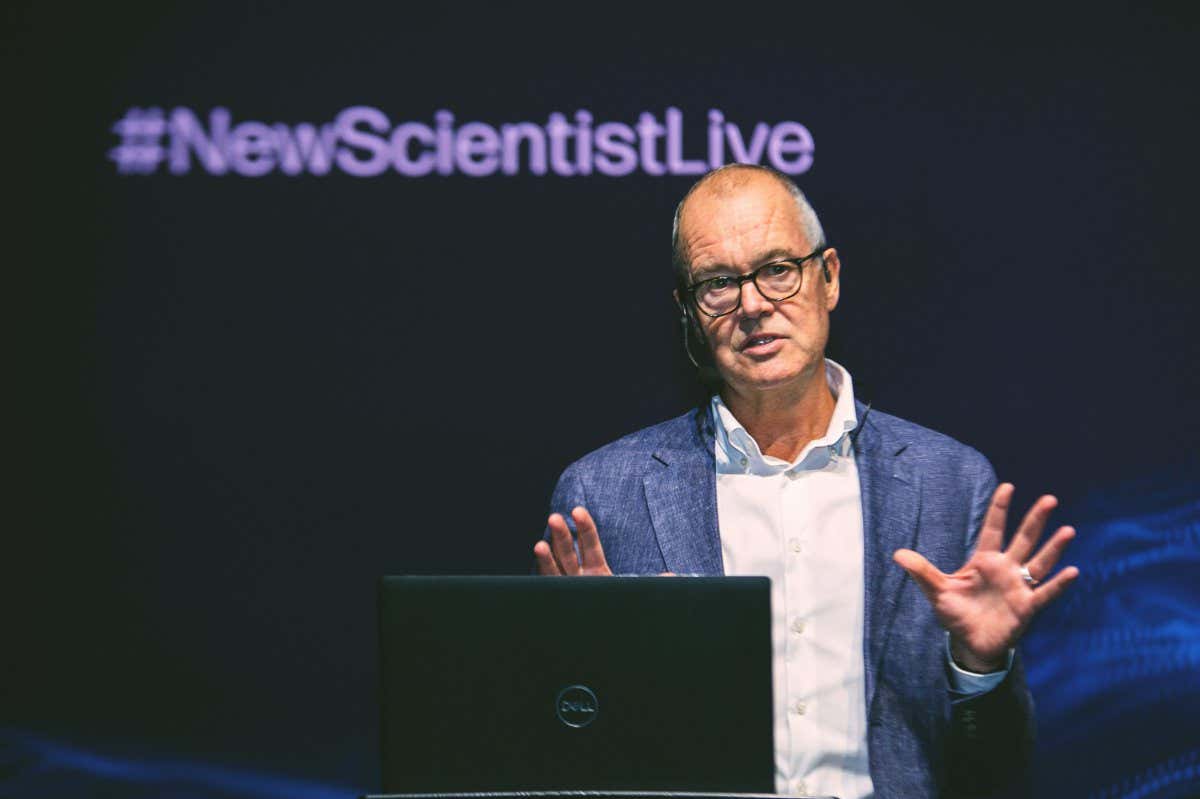
Jess Wade's One-Woman Mission to Diversify Wikipedia's Science Stories
Jess Wade's One-Woman Mission to Diversify Wikipedia's Science Stories
Our largest encyclopedia overwhelmingly recognises the achievements of white men. For physicist Jess Wade, fighting this bias has been an uphill battle to ensure that the scientific contributions made by women and other under-represented communities aren’t lost to posterity.

Survey Says Scientists Mistrust a Large Amount of Published Research
A survey that asked researchers to rate the trustworthiness of the studies and other “research outputs” they had come across in the past week has found that 37 per cent considered half or fewer of these to be trustworthy.
Time to Break Academic Publishing's Stranglehold on Research
Science journals are laughing all the way to the bank, locking the results of publicly funded research behind exorbitant paywalls. A campaign to make content free must succeed

New Scientist Appoints First Female Editor
New Scientist, the world’s leading science and technology weekly magazine, is pleased to announce the appointment of Emily Wilson as Editor.
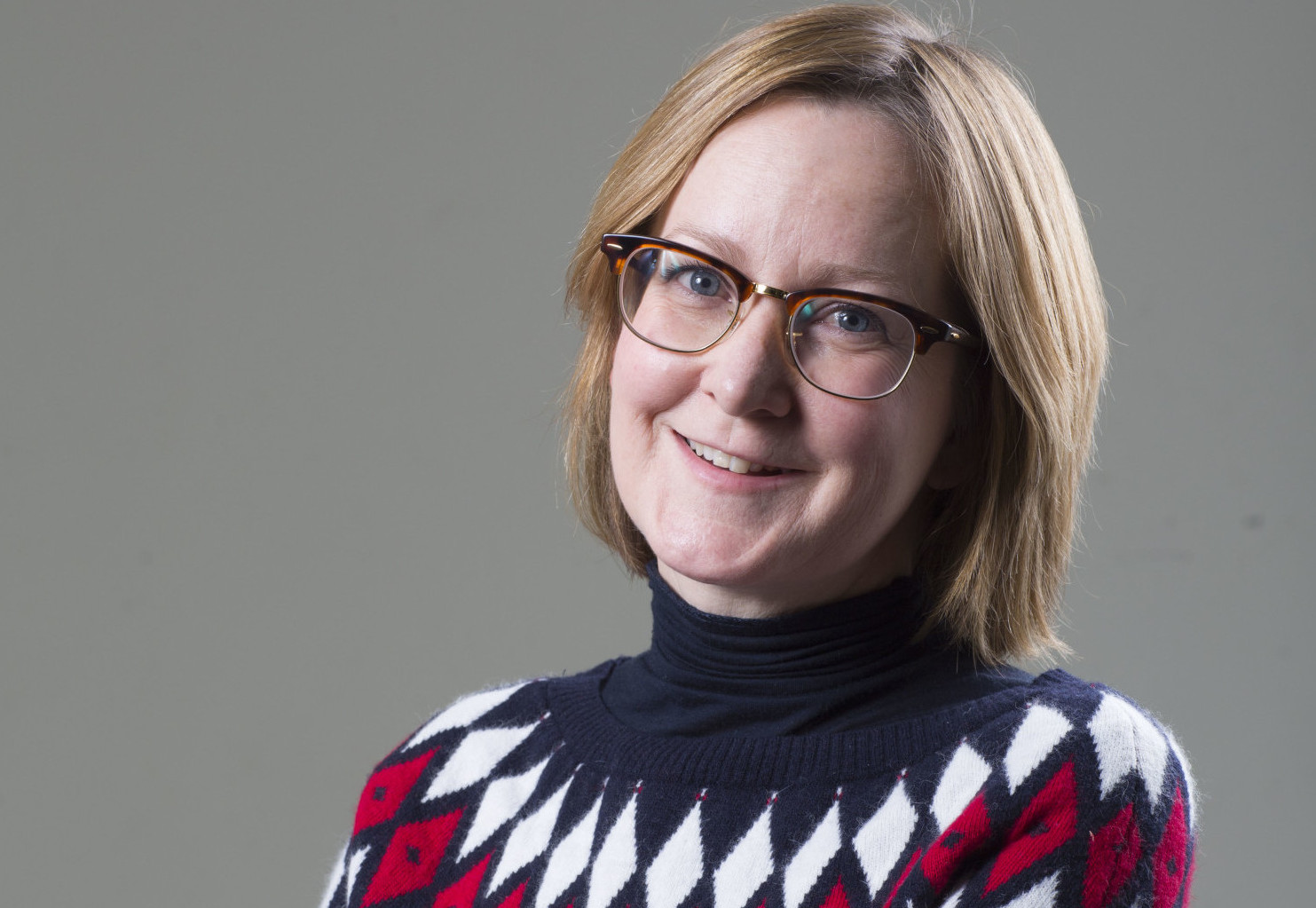
Gene Editing Opens Doors to Seedless Fruit with No Need for Bees
Gene-edited seedless tomatoes don’t need pollinating to produce fruit – which could come in useful at a time when bees are on the decline

Brain’s Reward System Earns Researchers €1 Million
Wolfram Schultz, Peter Dayan, and Ray Dolan have today been awarded the €1 million Brain Prize by Denmark’s Lundbeck Foundation.
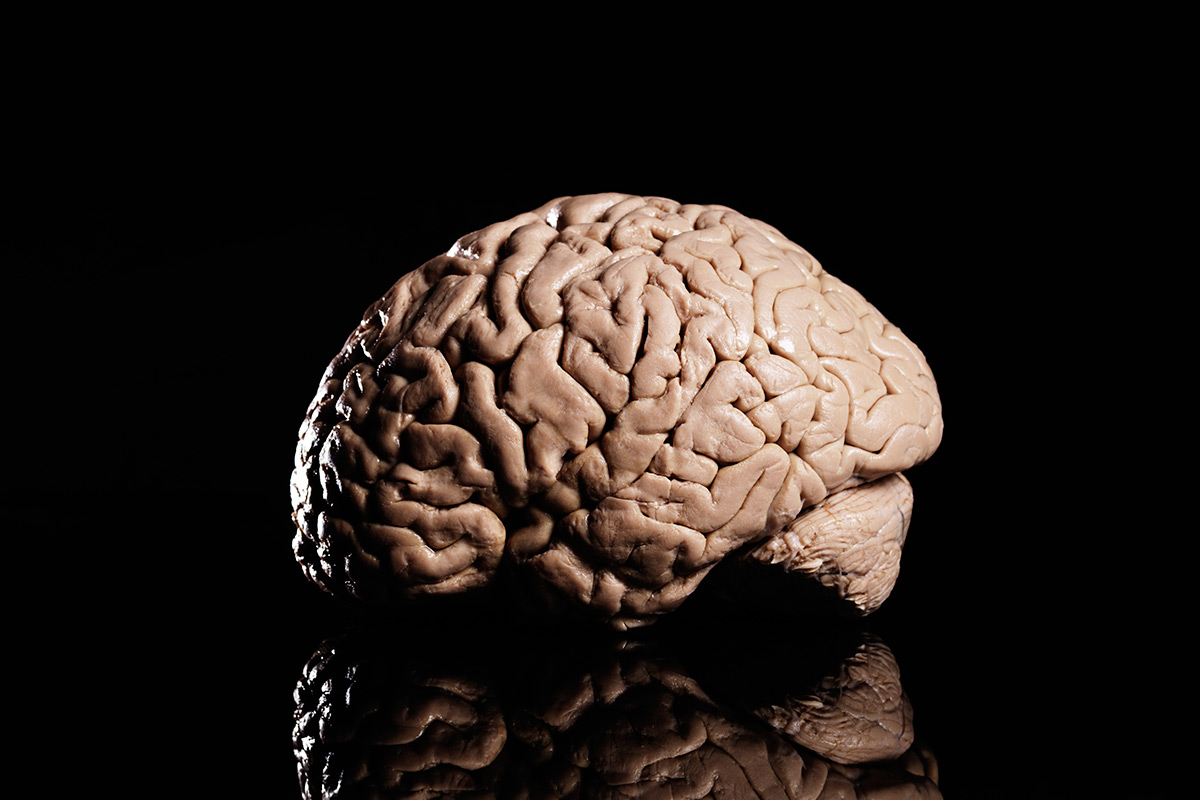
AI Learns to Write Its Own Code by Stealing From Other Programs
Software called DeepCoder has solved simple programming challenges by piecing together bits of borrowed code.
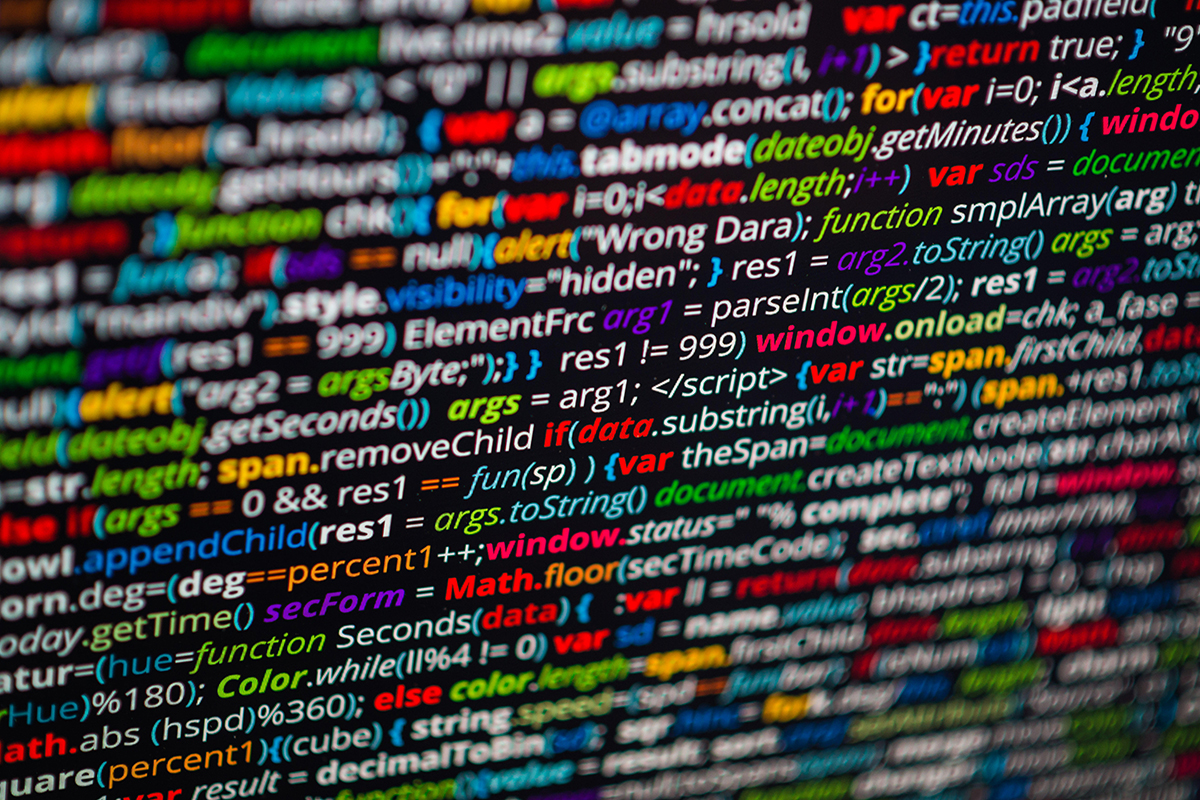
Moral Dilemma: Should We Reshape Society Because We Can?
Traditional values will not serve us well when it comes to debating the ethics of novel technologies such as self-driving cars. We need a new moral code.
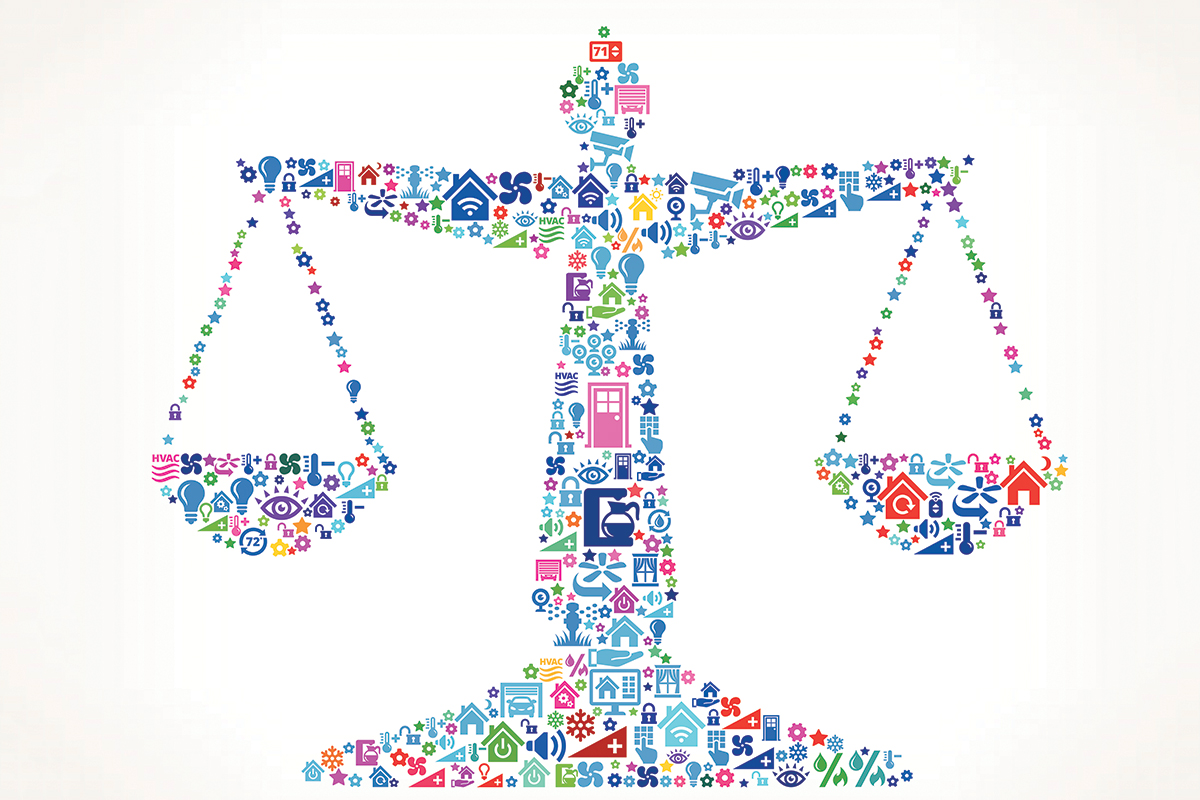
Google’s DeepMind AI Can Lip-Read TV Shows Better Than a Pro
An artificial intelligence system developed by researchers at DeepMind and the University of Oxford got so good by watching 5000 hours of BBC programmes.
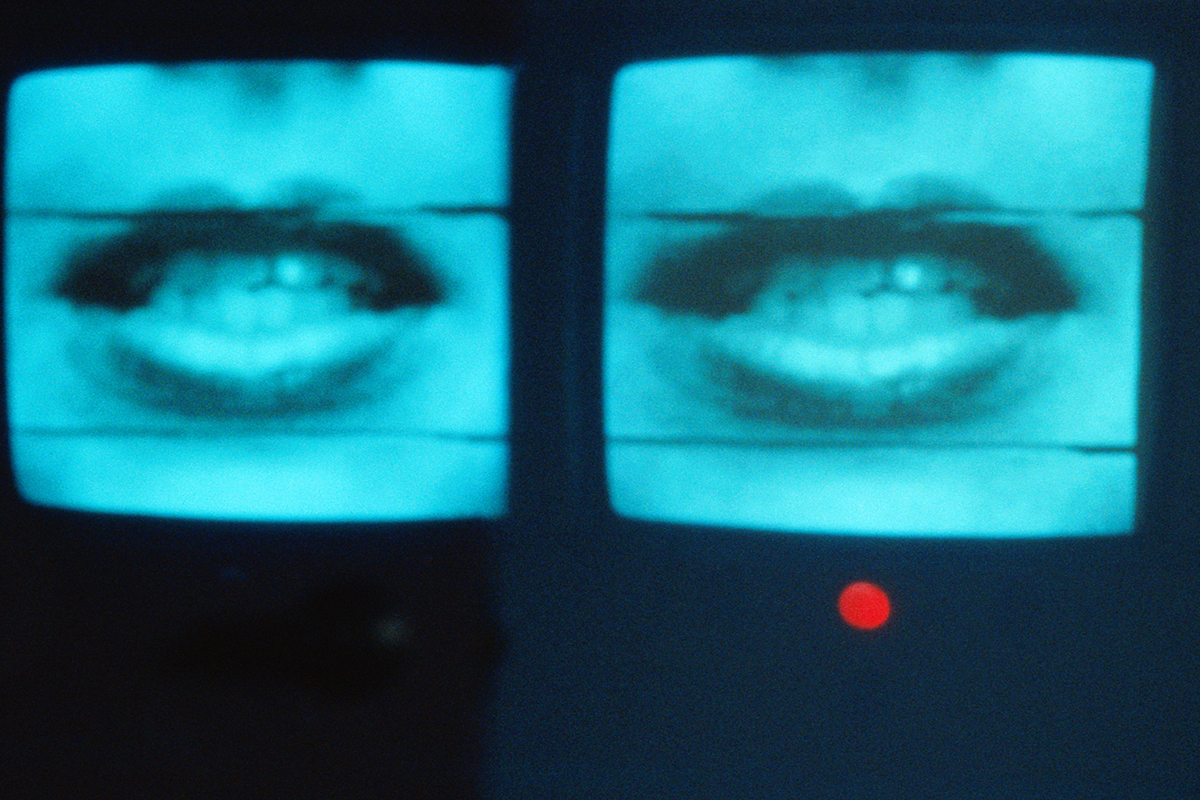
Why so much science research is flawed – and what to do about it
Dodgy results are fuelling flawed policy decisions and undermining medical advances. They could even make us lose faith in science. New Scientist investigates
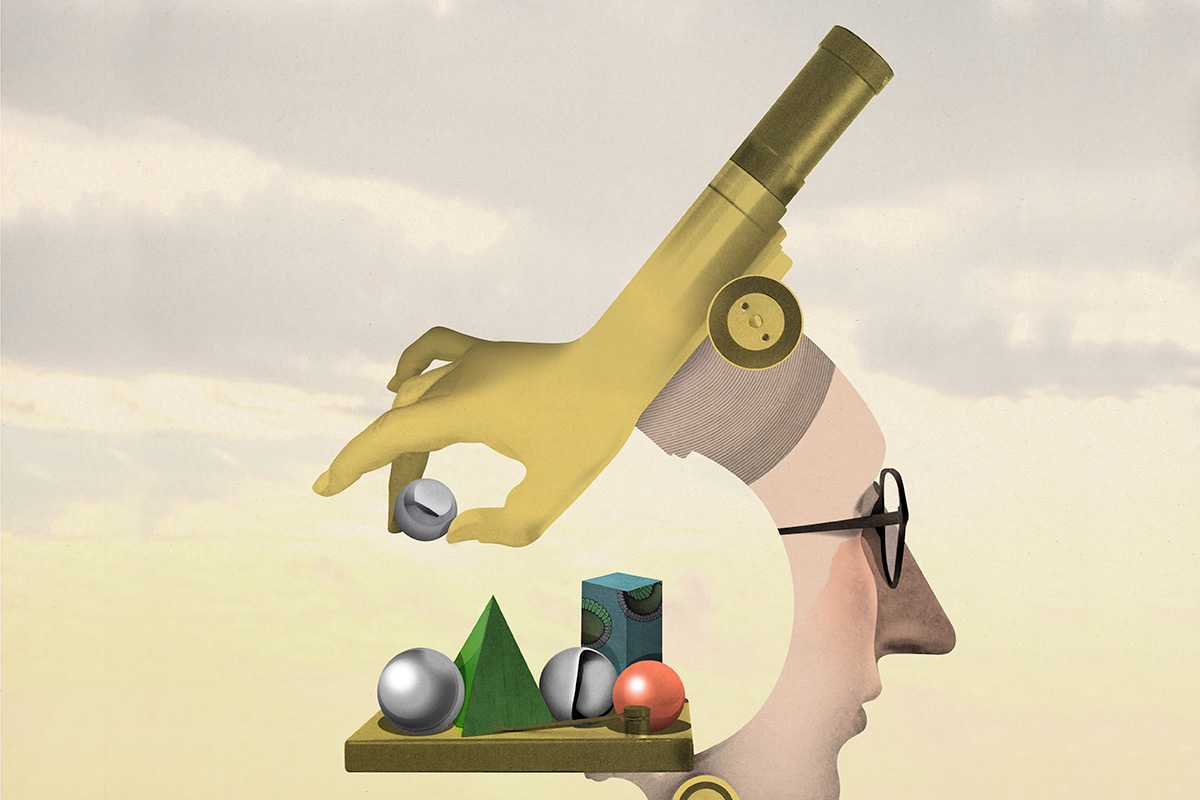
Can open access publishing be a smart career move?
It can seem like a magic word is needed to get published in the top academic journals. Is open access a genuine alternative?
Don't let new boundaries cut off UK science
Don't let new boundaries cut off UK science
Many scientists in the UK could soon find themselves isolated from their colleagues in Europe and Scotland. That must not happen.

